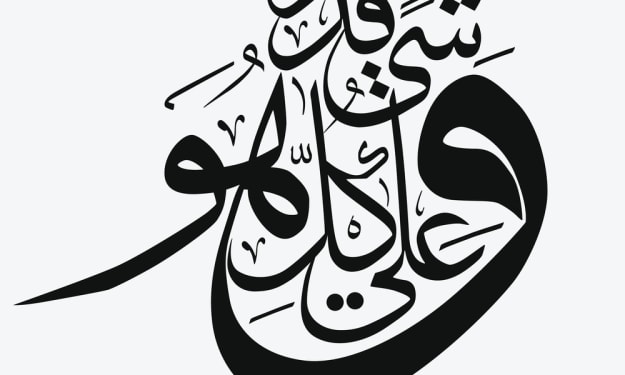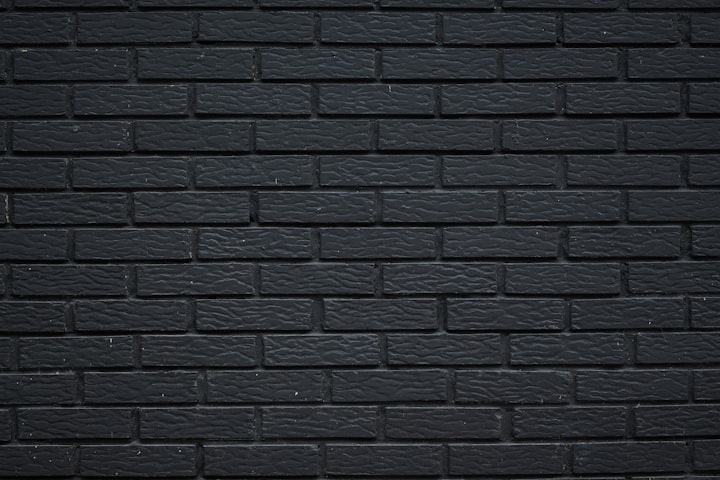
When it came time to pick where I would be spending the next four to five years of my life in high school, I had my heart set on going to a small liberal arts college in Maryland to further my swimming and academic career. The beautiful campus was placed right along the Delaware River. Everybody I met there came across as genuine, and the professors seemed to truly care about the outcomes of their students. Of course my dreams were crushed when I learned I would have to pay the full price of such a school and I felt lost. Being 18 and lost is a funny thing, so I decided to go to the first school that I had gotten into, where I knew there would be nobody from my town within an hour radius of the school. I was not sure what to expect since I knew nobody there, nor had I done much of any research prior to making my decision. This western Pennsylvania state school was not for me.
What I immediately experienced upon move-in day was utter culture shock. I knew within my first week that I had to get out, but I was not sure where to go. My high school can be described as a generally accepting environment with a diverse portfolio of students; this was not the case at my new school in the backwoods of Pennsylvania. I had three roommates who would rather freely throw around the n-word without pause, the one word that genuinely hurts to hear aloud. It was a monotone campus of mostly whites clad in camo every other day with a can of Copenhagen Wintergreen in their washed jean pockets. But the strange thing about this all is that I saw the majority of these people as good folk in their hearts. And it saddened me to know that, given a different environment to grow up in, these same people could have drastically different views of those dissimilar from them.
These students were simply products of their respective environments; young and confused, only to be molded by their communities’ and families’ influences. Maybe they are not aware of how lost they are, or do not question their existence the way that I do, but they are confused nonetheless. This is a dilemma amongst young people such as myself and has been for hundreds of years. Who do I listen to? Who has my best interest in mind? As I have gotten older, I have noticed these questions and more to become progressively arduous. And as somebody who grew up in the age of technology, it is more toilsome to navigate than ever. Not only are we expected to navigate what we are told by our families, coaches, and teachers, but we also have the increasingly vast internet. You must develop a keen nose for fact and fiction, especially amongst the era of “fake-news” being spread on social media platforms from Facebook to Twitter and even mass news networks. What news you listen to can drastically shape your views and outlooks on any subject. While The Cable News Network (CNN) and Fox News are both reporting fact, they are skewed in different biases leaving it up to the viewers to develop their own understanding, creating a world where people often do not think for themselves.
To quote the great nineteenth century poet and essayist, Matthew Arnold, “…when we feel that we have come to some real mental grasp of the significance of the events happening in the world around us, then we may be said to have found intellectual deliverance.” This does apply to watching these news networks and other media platforms, but is feeling the same as what is true? While many feel strongly as though their beliefs are to be true and right, what is to decide what is actually right? I believe it to be challenging to know when you have found intellectual deliverance. Perhaps you have found intellectual deliverance once you are able to thoughtfully provide reasoning for your beliefs.
All of this is just an expansion of the reality that young people in particular have been experiencing for hundreds of years. Religion has long dictated how people have thought about life and what to believe. A freethinking, confused, young man such as myself often wonders what these religions are teaching people across the globe. Despite what some may claim, nobody that has ever walked this planet knows our ultimate fate, yet we have so many religions that insist their God and teachings are right. But what baffles me the most about these religions is not their insistence of what is right and wrong, but rather that most of them are generally teaching the same things about the same God. I find this to be a dividing practice that has continued for millennia with a majority simply accepting this to endure.
If you need proof that religion divides large bodies of people to this day, look no further than the recent Executive Order 13769; colloquially referred to as the Muslim Ban. The leader of one of the most powerful and advanced countries banning citizens of countries with majority Muslim population. But all religion really amounts to is our confused ancestors looking for something to believe in, some sort of hope and attaching themselves to a religion that is eventually passed down over generations dictating where we live and what we identify with.
While there is nothing inherently wrong with any religion, I do think people should decide what they choose to believe in and not blindly accept what they were born into. This logic applies to all other passed down beliefs and ideals. It is this questioning that leads to progress in every regard from finding yourself to electing the first black president. Everybody of all generations should get angry. They should be challenging what they know to further our progress one generation after another. Socrates famously said, “The only true wisdom is in knowing you know nothing.” You must first recognize what you do not know to begin to challenge what you have been told. Unfortunately, in the modern technological age, decision making is molded through various large, influential mediums. And the affected allow themselves to listen and repeat without questioning, yet claim to be thinkers.
If religion is a muddle, politics in the global village is even more of a muddle. The piss-match that is the current American political climate polarizes the masses through their extreme ideas and misguided mediums. The Republican, Grand Old Party (GOP) utilizes Fox News to push their right wing agenda, while The Democratic Party’s platform is promoted by CNN. During the Obama era, Fox News went out of their way berate the former President, Barack Obama. Meanwhile, CNN gave Obama any possible excuse they could to defend his mistakes. With the election of President Trump, the narrative was reversed. Fox News constantly finding reasons to excuse Trump’s actions and words while CNN took every chance to swing at the President. This constant misbehavior from the media obscuring fact in the end polarizes and divides the masses, especially in the current political climate.
These polarizing topics were crucial in landing me here at Temple. A school with no typical student, but also a place with open-minded people willing to think for themselves. When I walk down the street to go to class, I see students and locals of all walks of life. People from Philadelphia to people from different continents, wealthy to impoverished, agnostic to Muslim, and conservative to liberal. It is here that I am freed of the surrounding prejudices of religion and politics that I experienced in my first year of college. While there is still political bias with some professors, I feel as though most students are able to sort through what they are taught to achieve their intellectual deliverance.





Comments
There are no comments for this story
Be the first to respond and start the conversation.